Jeremy J. Tewell - A Self-Evident Lie: Southern Slavery and the Threat to American Freedom
Here you can read online Jeremy J. Tewell - A Self-Evident Lie: Southern Slavery and the Threat to American Freedom full text of the book (entire story) in english for free. Download pdf and epub, get meaning, cover and reviews about this ebook. year: 2014, publisher: Kent State University Press, genre: Politics. Description of the work, (preface) as well as reviews are available. Best literature library LitArk.com created for fans of good reading and offers a wide selection of genres:
Romance novel
Science fiction
Adventure
Detective
Science
History
Home and family
Prose
Art
Politics
Computer
Non-fiction
Religion
Business
Children
Humor
Choose a favorite category and find really read worthwhile books. Enjoy immersion in the world of imagination, feel the emotions of the characters or learn something new for yourself, make an fascinating discovery.

- Book:A Self-Evident Lie: Southern Slavery and the Threat to American Freedom
- Author:
- Publisher:Kent State University Press
- Genre:
- Year:2014
- Rating:5 / 5
- Favourites:Add to favourites
- Your mark:
A Self-Evident Lie: Southern Slavery and the Threat to American Freedom: summary, description and annotation
We offer to read an annotation, description, summary or preface (depends on what the author of the book "A Self-Evident Lie: Southern Slavery and the Threat to American Freedom" wrote himself). If you haven't found the necessary information about the book — write in the comments, we will try to find it.
In trenchant and graceful prose, Jeremy Tewell argues that some Republicans, most notably Abraham Lincoln, held that the only effective safeguard of individual liberty was universal liberty, as expressed in the Declaration of Independence. As long as Americans believed that all men were endowed with inalienable rights to life, liberty, and the pursuit of happiness, everyones liberty would be self-evident, regardless of circumstance.
Conversely, the justifications meant to exclude a segment of society from the rights of man worked to destroy the self-evidence of those very rights. Therefore, by failing to repudiate slavery--thus rejecting the universality of human liberty--northerners made themselves vulnerable to proslavery rationales, especially when they happened to occupy a position of political, social, or economic weakness. Black skin had been stigmatized as a badge of servitude, but there was nothing to guarantee that white skin would always serve as an unimpeachable badge of freedom.
This was a major theme in Lincolns campaign against Stephen A. Douglas and was a key argument against the use of popular sovereignty as the method for determining slaverys status in the territories. According to Tewell, Lincolns greatest challenge was to convince northern audiences that simple indifference to slavery was itself inimical to the liberty of whites.
A Self-Evident Lie will intrigue anyone interested in issues related to Lincoln, slavery and antislavery, the Civil War, and American intellectual history.
Jeremy J. Tewell: author's other books
Who wrote A Self-Evident Lie: Southern Slavery and the Threat to American Freedom? Find out the surname, the name of the author of the book and a list of all author's works by series.

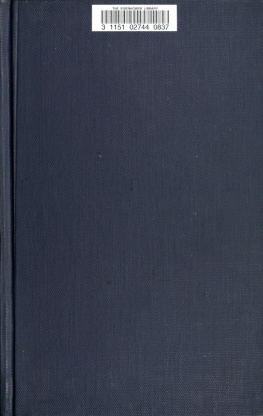
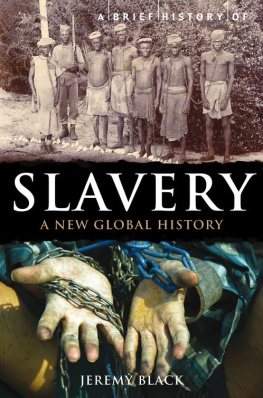
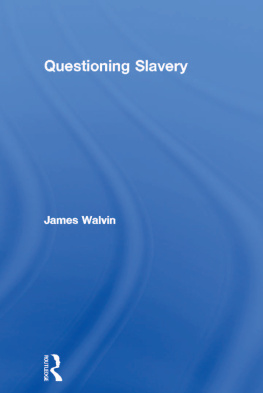
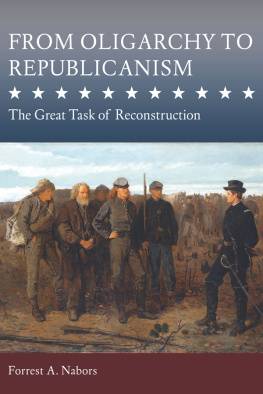
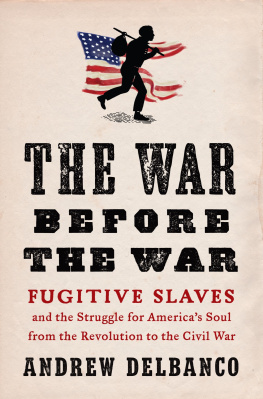
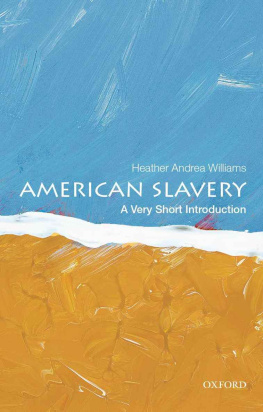
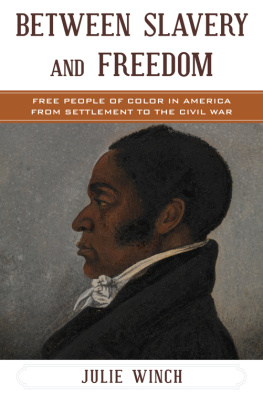
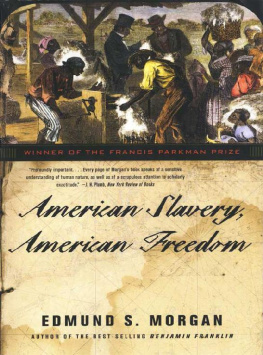


 INTRODUCTION
INTRODUCTION 
